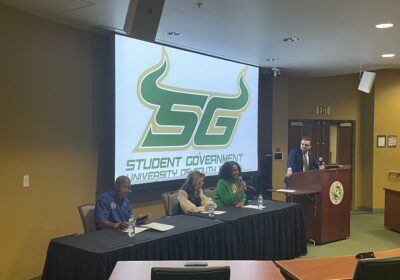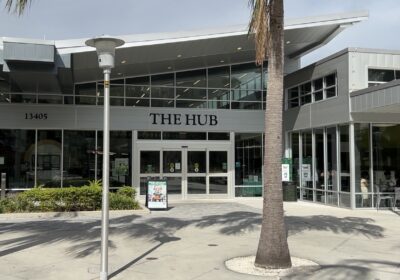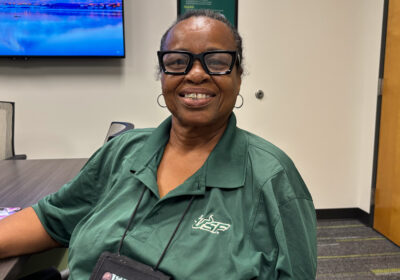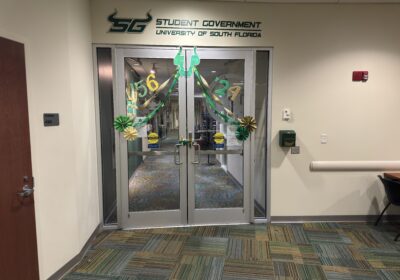Not all students to stop mask-wearing on public transport following judge’s ruling
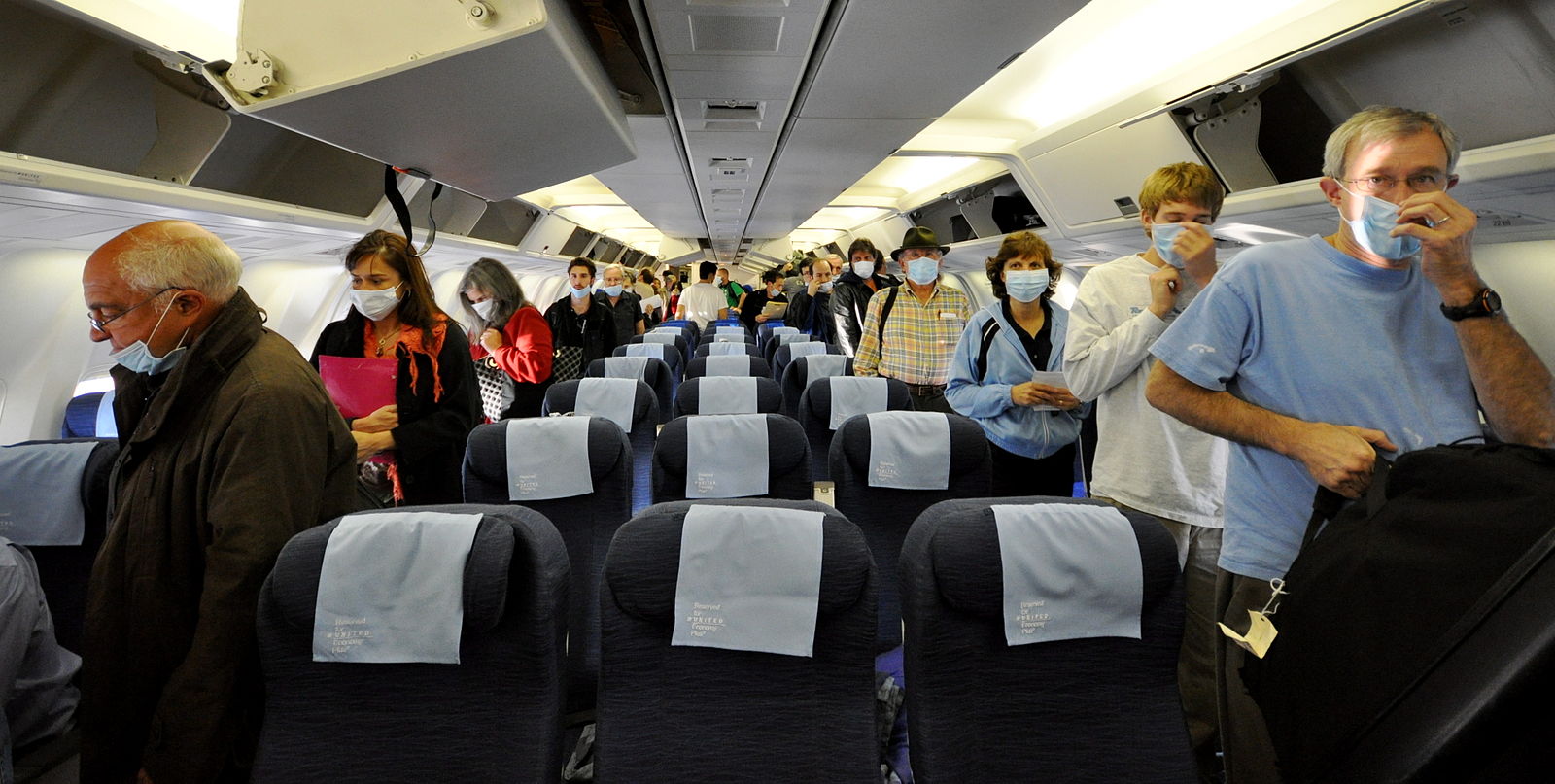
Following a court ruling made by U.S. District Judge Kathryn Kimball Mizelle, the federal mask mandate for public transportation has been lifted and will remain that way as it is reviewed following a request made by the Centers for Disease Control and Prevention (CDC).
Since the Tampa judge announced the mask mandate lift April 18, the Transportation Security Administration (TSA) has no longer been enforcing the use of masks on any public transportation. Airlines such as JetBlue, American Airlines, United Airlines and Delta have already declared that they will no longer be requiring the use of masks on board, as well as railroad companies such as Amtrak.
Uber and Lyft have also dropped their mask requirements following the decision, and Tampa International Airport will no longer require masks inside of the airport.
The verdict comes at a time when the emerging BA.2 variant has caused a spike in cases after its sister omicron variant resulted in what has thus far been the highest case rates throughout the pandemic.
As of April 22, the CDC showed that the U.S. is currently at a seven-day moving average of 44,308 cases, resembling the trends seen throughout 2020 when the virus was first spreading. Throughout March, before the appearance of the BA.2 variant, the U.S. seven-day moving average was around 25,000 cases.
In response to the lifted mask mandate, some students said they will continue to wear masks, despite the ruling.
Sophomore biology major Austin Morss said he plans to continue wearing a mask over the summer when traveling home by train.
“I’ll wear my masks because we still aren’t out of the woods yet with COVID-19,” Morss said. “I don’t think the mask mandates will affect my traveling as much, even though I feel like masks should still be required. Especially on public transportation like trains since it’s not just for your safety, but the safety of others.”
Others said they expect little impact from the ruling on their summer travel plans and will not wear masks while traveling, including junior supply chain management major Alyssa Hagle who said she will wear masks only if it is required.
“I’m going to travel as much as I have in previous years before COVID-19, including road trips to other cities and states,” Hagle said. “I’ll travel by car. I only use a mask when required. The mask mandate will not affect my travels.”
Junior film-making major Samuel Hyde, who will be studying abroad this summer, strongly supported the end of the mask mandate.
“I find the masking precautions to be generally useless and I really think we should move on as a society,” Hyde said. “As far as removing the mandate on domestic flights, I find this to be a huge win for the United States in our quest to grow up and move on.”
Some airlines have been celebrating the end of the mask mandate on board, according to a Tweet from Ify Ike, who was traveling with Delta when the flight crew began passing out champagne.
This represents a bias that is being forced upon passengers of public transportation, Zoey Prince, student in the College of Nursing, said.
“I guess that’s like a political agenda that you’re pushing on this,” Prince said. “It’s like, ‘You don’t wear a mask, you get champagne.’”
Masks were first recommended by the CDC on April 30, 2020 to combat the spread of the virus when it first emerged. Only days before the ruling, the CDC had extended the public transportation mask mandate through May 3 due to the BA.2 variant.
Mizelle said the CDC was overstepping its authority with the mask mandate and that the Biden administration had failed to accept adequate public feedback on the decision to enforce a mask mandate.
Removing passengers who refused to comply with the mask mandate was comparable to “detention and quarantine,” according to Mizelle.
The Justice Department filed an appeal against Mizelle’s ruling on April 20, per recommendation by the CDC. The Department of Homeland Security and the CDC are also currently reviewing the decision.

